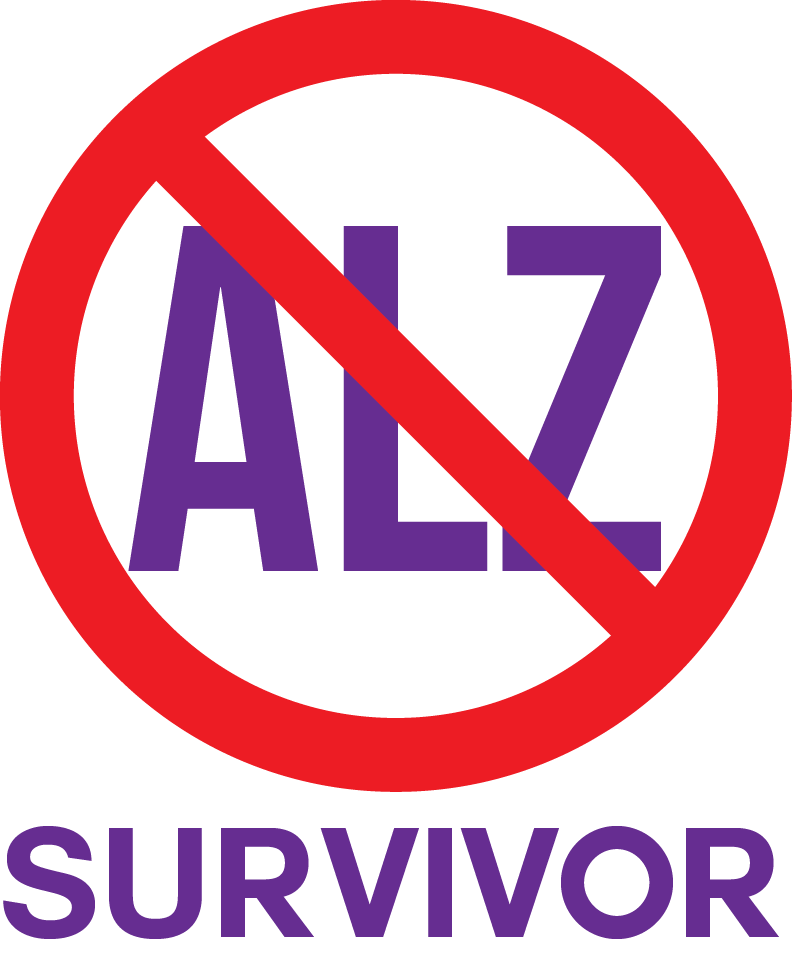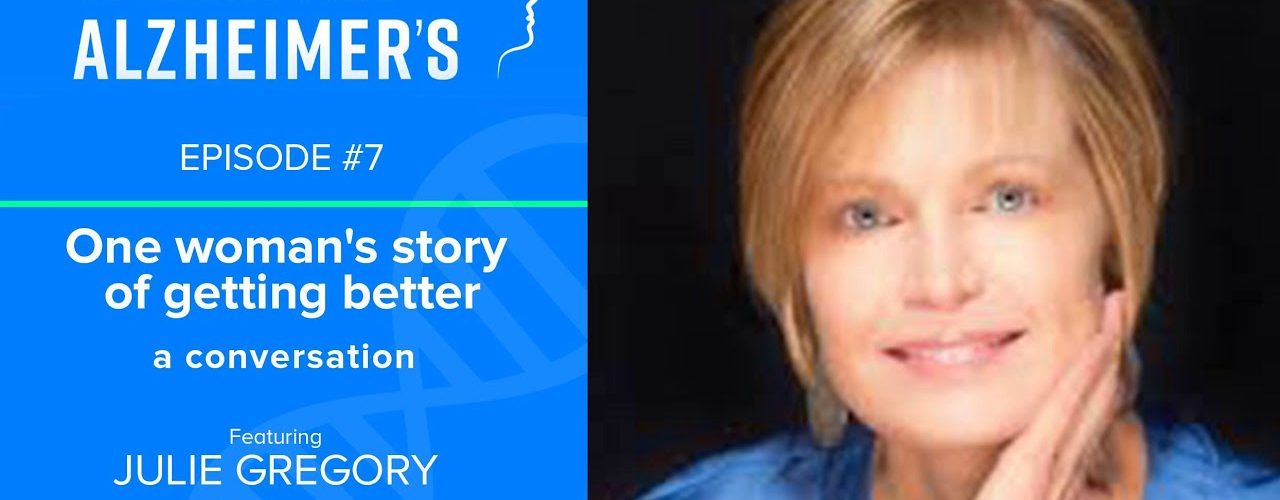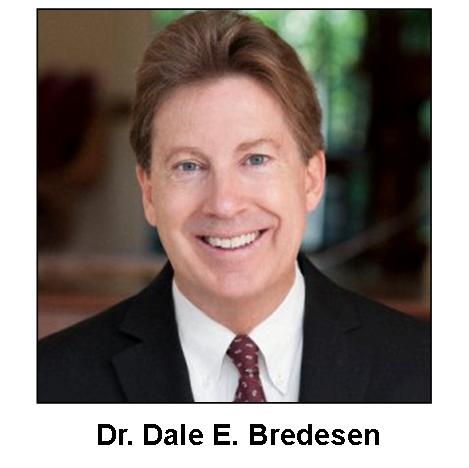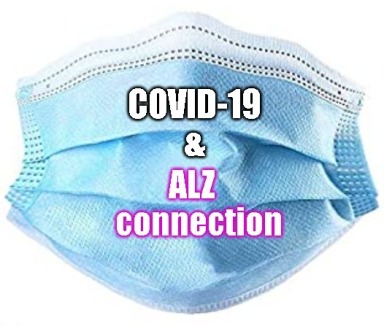ALZ Survivor Julie G Shares Her Success Story
With research on her own, Julie discovered diet and lifestyle changes that reversed her early Alzheimer’s symptoms. At the early age of 49, Julie was experiencing the symptoms of cognitive decline. Genetic testing revealed she is ApoE4 homozygote. This means Julie carries two copies of the ApoE4 gene. As a result, her chance of developing Alzheimer’s is increased by 50-90%.
Through much research on her own, Julie began to implement dietary and lifestyle changes to improve her memory and health. Specifically, she did this by eating only organic food, adding supplements, cutting out toxins, exercising regularly, getting plenty of sleep, and doing brain training exercises. Subsequently, her cognition began to improve! Important to note, this happened even before she was able to see Dr. Perlmutter and eventually Dr. Bredesen for the proper testing and treatment.
You can read more about Julie’s story and diagnosis in Dr. Bredesen’s book, “The End of Alzheimer’s – The First Program to Prevent and Reverse Cognitive Decline.” In detail, her daily regime is listed in the book. With strict adherence, Julie follows her customized program and achieves great success. In comparison, another ALZ survivor mentioned in the book does not follow her program as closely, but is still able to maintain symptom reversal.
Important to Realize
Results can be seen even if the patient isn’t following their customized program perfectly. Dr. Bredesen discovered there are 36 or more causes of Alzheimer’s. He uses the example of a roof with 36 holes. Once enough of the holes in your roof are patched (or insults to your brain addressed), the damage (or ALZ symptoms) begin to halt and reverse.
Included in this book are many more ALZ patient stories. Each patient utilizing The Bredesen ProtocolTM was first tested to discover what had caused their Alzheimer’s. Then, an individualized program was provided for the patient to follow. Within 4-6 months, many were seeing cognitive decline halt and symptoms reverse.
Julie’s Website and Forum – A Great Resource Providing Hope
Julie G founded the social networking website ApoE4.info. This forum includes members from all over the world who carry one or two copies of the ApoE4 gene. This increases their lifetime risk of Alzheimer’s. (In Julie’s case, she carries two of the genes.) Here, members can share and discuss research, and they can communicate with experts. Many compare advice and strategies as well as contribute their own knowledge as to what has worked for them. In his book, Dr. Bredesen states there are approximately 800 members on Julie’s site with “about 90 percent” on some variation of The Bredesen ProtocolTM. In other words, anyone can become a member. On the forum, Julie and other members receive encouragement and continue to hear repeated stories of improvement. This forum is a great resource and provides hope.
How does The Bredesen ProtocolTM work?
ALZsurvivor [home] >


















